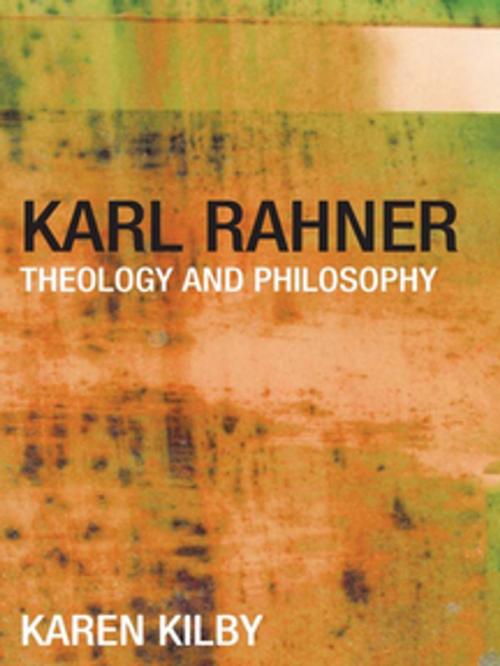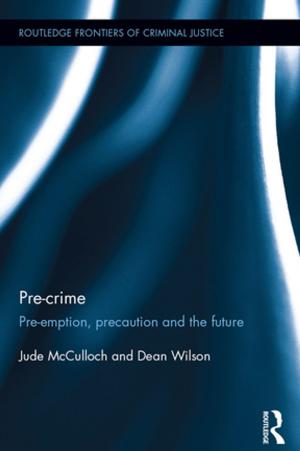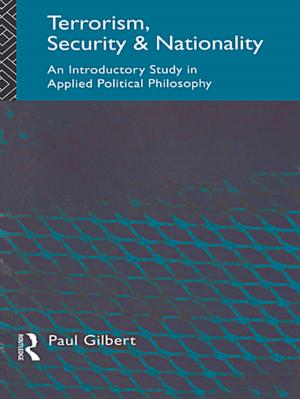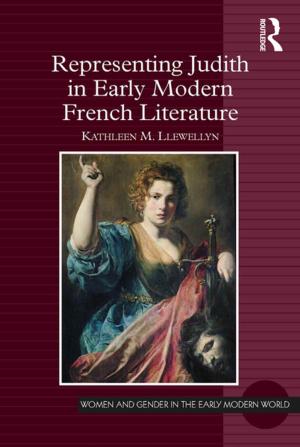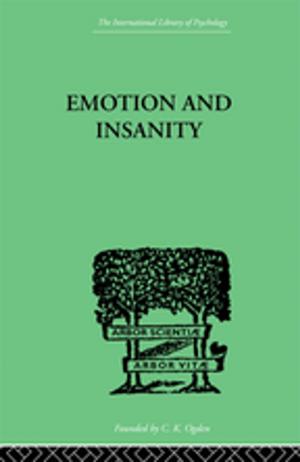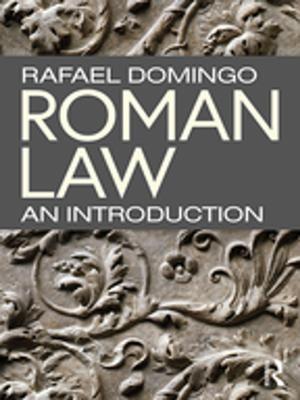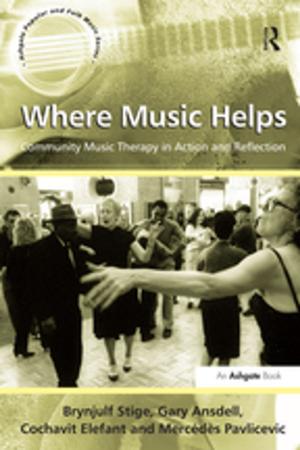| Author: | Karen Kilby | ISBN: | 9781134511594 |
| Publisher: | Taylor and Francis | Publication: | March 7, 2013 |
| Imprint: | Routledge | Language: | English |
| Author: | Karen Kilby |
| ISBN: | 9781134511594 |
| Publisher: | Taylor and Francis |
| Publication: | March 7, 2013 |
| Imprint: | Routledge |
| Language: | English |
Karl Rahner is one of the great theologians of the twentieth century, known for his systematic, foundationalist approach. This bold and original book explores the relationship between his theology and his philosophy, and argues for the possibility of a nonfoundationalist reading of Rahner. Karen Kilby calls into question both the admiration of Rahner's disciples for the overarching unity of his though, and the too easy dismissals of critics who object to his 'flawed philosophical staring point' or to his supposedly modern and liberal appeal to experience. Through a lucid and critical exposition of key texts including Spirit in the World and Hearer of the Word, and of themes such as the Vorgriff auf esse, the supernatural existential and the anonymous Christian, Karen Kilby reaffirms Rahner's significance for modern theology and offers a clear exposition of his thought.
Karl Rahner is one of the great theologians of the twentieth century, known for his systematic, foundationalist approach. This bold and original book explores the relationship between his theology and his philosophy, and argues for the possibility of a nonfoundationalist reading of Rahner. Karen Kilby calls into question both the admiration of Rahner's disciples for the overarching unity of his though, and the too easy dismissals of critics who object to his 'flawed philosophical staring point' or to his supposedly modern and liberal appeal to experience. Through a lucid and critical exposition of key texts including Spirit in the World and Hearer of the Word, and of themes such as the Vorgriff auf esse, the supernatural existential and the anonymous Christian, Karen Kilby reaffirms Rahner's significance for modern theology and offers a clear exposition of his thought.
